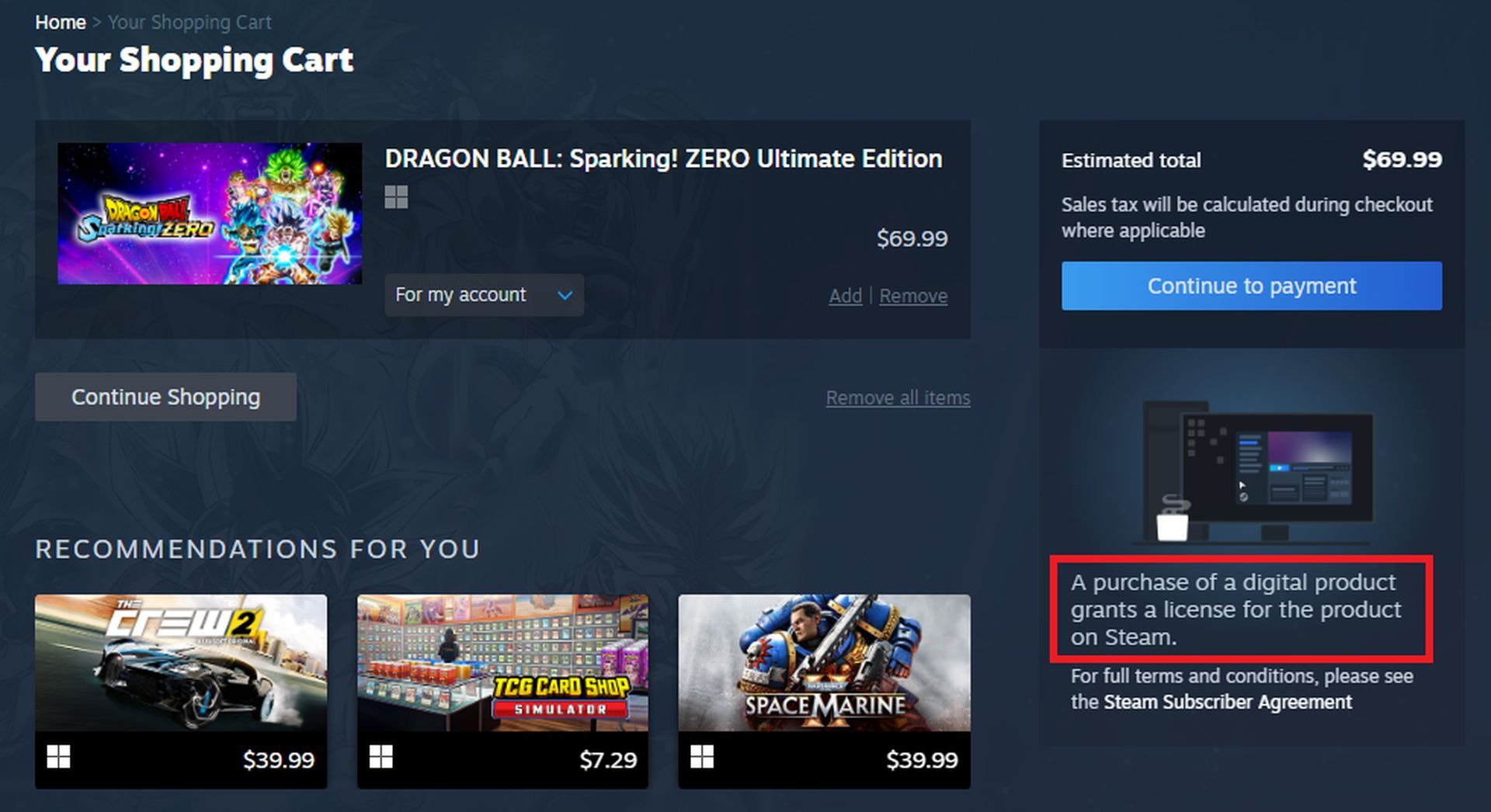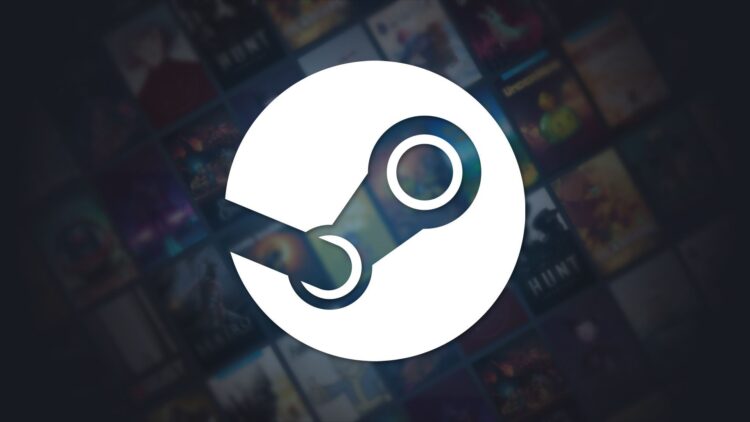If you’ve bought a game on Steam recently, you may have received a message after checkout. The company behind Steam — Valve — is now loudly letting the world know that when you buy a game on their store, you didn’t buy it — you purchased the ability to use it. This comparatively small change represents a key shift in how and whether consumers of digital games perceive that ownership can be presented, and Steam customers seem to be beginning to notice.
You buy a license on Steam, not a game
Steam has introduced a disclosure during the payment process, stating that “a purchase of a digital product grants a license for the product on Steam.” This wording departs from the typical assumption that if you buy a game, you own it. Valve, however, is marketing that what you’re buying is a right to access the game through their platform.
The change, which users noticed and various sources echoed earlier this week, is now visible on Steam’s desktop app. However, the same change has yet to appear unexpectedly on Steam’s mobile app. Steam users quickly shared this update on Reddit, which sparked discussion among the gaming community.

A legal move?
Some believe this change is due to upcoming legal requirements. In California, the new law will require digital platforms like Steam to clarify users purchasing a license, not a permanent game copy. It’s in reaction to various incidents where Ubisoft and PlayStation have pulled valuable purchased digital content out of users’ Downloader libraries and locked them out of games and shows they believed they legally owned.
Unlike platforms that host DRM-free content like Good Old Games (GOG), Steam’s games require you to use its online service to access their content. That means users are always subject to Steam’s terms and conditions, with that now wording explicitly that they are purchasing licenses for games, not ownership. Valve’s new messaging seems like an advanced step on these legal changes; it claims to be doing so to be compliant with these new regulations.
What does this mean for Steam users?
It is not a complete shock that this new disclosure might sound worrying to some other gamers, even though it is not new or different. Under the model, digital storefronts like Steam have been following for years — lending users licenses to use content, not owning it outright. Users could lose access to their library if a game leaves the store or the platform disappears. To clarify this reality to users, the valve simply does what it must to avoid legal complications later.
Bear in mind that there are games where the law doesn’t apply. Whenever you buy a game that provides an offline installer (by GOG or another platform), you maintain access on or off platforms alike. However, for most of Steam’s library, which was built to house the platform’s infrastructure, the new message allows us to keep up with the platform’s long-standing position on digital content.
We’ll likely see more platforms make similar moves in the coming months as regulations regarding digital ownership evolve. For now, Steam users should note that that game you just “bought” isn’t yours—it’s a license you’ve been granted access to.
Image credit: Steam





